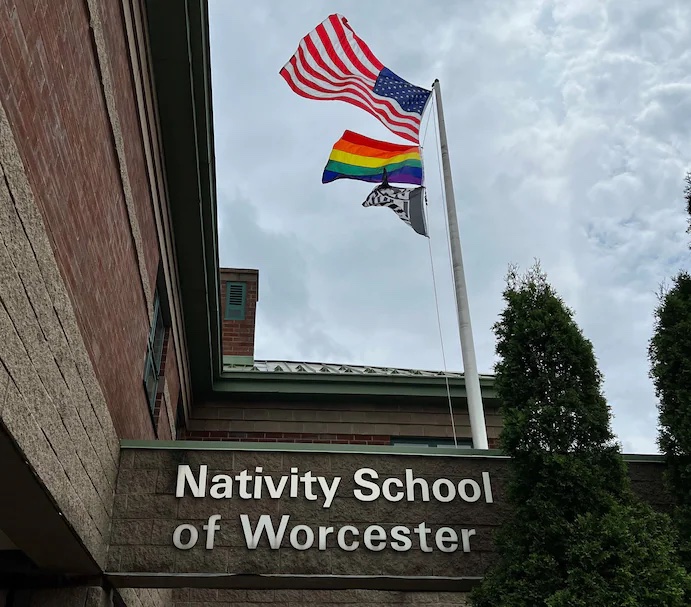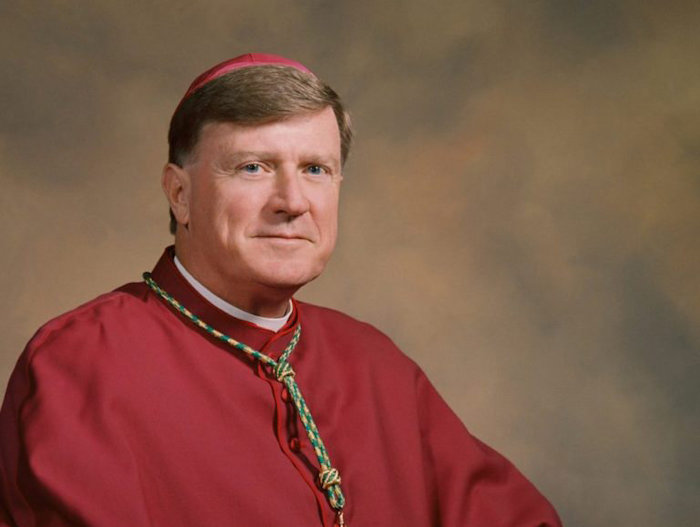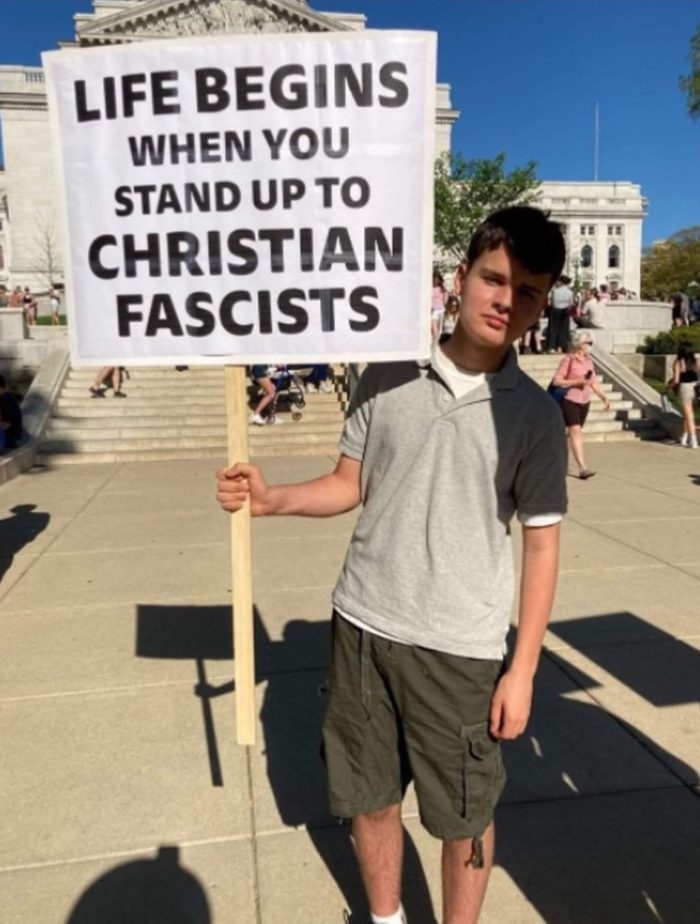
Vatican Church reforms: Now, women to have a say in appointment of bishops
Pope Francis revealed that women may have a say in choosing the Catholic Church’s Bishops who are all men. This is a significant step forward in including women in higher decision-making roles.

By Dipavali Hazra
Pope Francis has been spearheading some radical reforms in the Vatican Church that have opened up doors for women to play a role in the seat of Catholic power. While women cannot move up in the religious hierarchy in the Catholic Church, they will, for the first time ever, have a say in the appointment of Bishops- who are all men.
Though this has not been officially announced yet, the Pope revealed in an interview with Reuters that: “Two women will be appointed for the first time in the committee to elect bishops in the Congregation for Bishops.”
He did not elaborate on who were the women who could be appointed to this committee that comprises cardinals, bishops and priests nor did he say when the announcement would me made official. However, the presence of women in one of the top decision-making bodies is a significant step forward in the fairly orthodox religious organisation. This image of the Catholic Church is one that Pope Francis has been trying to modify.
His tenure has been marked with more openness toward not only women but also homosexuals. He has previously supported same-sex “civil unions” calling for their right to be in a family. As Archbishop of Buenos Aires, he did not support same-sex marriage but did back legal protection for those who chose such living arrangements.
Though his previous comments have appeared to flip flop on homosexuality, his more conciliatory approach has divided people, with liberals welcoming his words, conservatives unhappy and analysts observing that real change would come only when legal protections are given in the church doctrine and homosexual behaviour is no longer considered a “sin”.
Also, in the backdrop of the US Supreme Court abortion ruling, the Pope condemned the practice and compared it to “hiring a hit-man to solve a problem”.
Meanwhile, as far as women’s representation is concerned, Pope Francis, during his 9-year tenure, has certainly paved the way for more opportunities in the Vatican.
In March 2022, he had approved a new constitution for the Vatican’s central administration known as the Curia. The new constitution replaced St John Paul II’s founding constitution, which was written in 1988. One of its key reforms was to permit any baptised lay man and woman to head any of the Vatican’s ministries. In a big shift from positions of power being held only by male clergy, the preamble to the new constitution which was adopted on June 5 says, “The pope, bishops and other ordained ministers are not the only evangelizers in the Church.” Another section of the constitution reads: “Any member of the faithful can head a dicastery (Curia department) or organism.”
When he was asked during the Reuters interview about which Vatican departments could be headed by a member of the public as opposed to the clergy he said that such positions could be cleared in the department for Catholic Education and Culture and the Apostolic Library.
Last year Pope Francis had appointed Sister Raffaella Petrini, to the number two position in the Vatican City Governorate which oversees the Vatican offices and residences in the Vatican city state as well as in Rome. Petrini is the first woman to hold the position.
The current Pontiff has made several other appointments of women to high-ranking administrative posts. In January 2020, Francesca di Giovanni was named Undersecretary for the multilateral sector in the Secretariat of State’s Section for Relations with States and International Organizations, another first.
Sister Nathalie Becquart, Sister Alessandra Smerilli, Sister Carmen Ros Nortes are other women who have been appointed to important positions.
Despite the advances made so far, women have traditionally never been ordained and cannot become priests, bishops or popes in the Catholic Church. The Anglican Church, however, has set a precedent by ordaining women Bishops.
Complete Article ↪HERE↩!
School flying BLM, LGBTQ flags can’t call itself Catholic, bishop says
FILE UNDER: Insulated, monolithic, callous, tone deaf church power structure

By Marisa Iati
The stark, dual-colored letters of the Black Lives Matter flag and the bright rainbow stripes of the Pride flag had flown above the Massachusetts Catholic school for more than a year before the local bishop registered his opposition.
The Black Lives Matter flag, Bishop Robert McManus said in April, has been “co-opted by some factions which also instill broad-brush distrust of police.” And the LGBTQ flag could be used to contrast church teaching that marriage is between a man and a woman, he added.
When Nativity School of Worcester didn’t budge, McManus issued a severe ruling. The tuition-free middle school, which serves boys facing economic hardship, can no longer identify itself as Catholic because the flags are “inconsistent with Catholic teaching,” he declared Thursday.
“The flying of these flags in front of a Catholic school sends a mixed, confusing and scandalous message to the public about the Church’s stance on these important moral and social issues,” McManus wrote. “Despite my insistence that the school administration remove these flags because of the confusion and the properly theological scandal that they do and can promote, they refuse to do so.”
That defiance, McManus said, left him no other choice but to strip the Jesuit-run school of its Catholic affiliation. The school also can no longer celebrate Mass or the sacraments or use diocesan institutions to raise funds. It was not included Thursday in the diocese’s list of Catholic schools in its region.
The decision, which comes during Pride Month, appears to be a rare instance of a Catholic organization’s affiliation with the phrase “Black Lives Matter” becoming a flash point with its diocese. The U.S. Conference of Catholic Bishops has taken a nuanced approach to the phrase, endorsing the concept of racial justice but not necessarily the organizations that attach themselves to that message. The Black Lives Matter movement describes itself as aimed at eradicating White supremacy and interrupting violence against Black communities.
Nativity School said its use of the Black Lives Matter and Pride flags was a response to a call from its students, most of whom are people of color, to make their community more inclusive. The flags symbolize that all are welcome at Nativity, the school’s president said Thursday.
“Both flags are now widely understood to celebrate the human dignity of our relatives, friends and neighbors who have faced, and continue to face hate and discrimination,” Thomas McKenney wrote. “Though any symbol or flag can be co-opted by political groups or organizations, flying our flags is not an endorsement of any organization or ideology, they fly in support of marginalized people.”
The bishop disagrees. The Pride flag represents support for same-sex marriage and “a LGBTQ+ lifestyle,” he said. And while the church teaches that all lives are sacred, McManus said the Black Lives Matter movement has used that phrase to contradict Catholic teaching on the importance of the nuclear family. (Black Lives Matter previously said on its website that it aims to “disrupt the Western-prescribed nuclear family structure requirement by supporting each other as extended families.” The page was later taken offline.)

Nativity said it will appeal the bishop’s decision — but it has no plans to remove the flags, which it said show its commitment to solidarity with its students and families. McKenney said the administrators’ decision was informed by the Gospel, Catholic social teaching and the school’s Jesuit heritage.
The outcome follows months of dialogue between the school and the Diocese of Worcester. Around the same time that McManus took issue with the flags in March, a person tore down both flags, the school said. Two months later, the bishop warned the school that it would lose its Catholic label if it did not remove the displays.
Nativity School isn’t the only educational institution to be stripped of its “Catholic” label. In 2019, the Archdiocese of Indianapolis told Brebeuf Jesuit Preparatory School that it could no longer identify itself as Catholic after it refused to fire a teacher who was in a same-sex marriage. The Midwest Province of Jesuits said it would appeal the decision through a church process.
To Guillermo Creamer Jr., an openly gay alumnus of Nativity School, the flags symbolize that Nativity is inclusive of Black lives — a message he said is crucial at a school with primarily Black and Latino students.
“For these young men who are witnessing what’s happening around the country and seeing the Black Lives Matter flag fly, it’s a very big deal,” he said.
Creamer, 27, said he expects the bishop’s decision to prompt other Catholic schools that align themselves with Black Lives Matter or pro-LGBTQ messages in some way to question whether that’s acceptable. But he said that may not be entirely bad if it encourages Catholics to talk honestly about whether and how these causes fit into their faith.
In his letter to the community, McKenney reminded parents that Nativity School is funded by individuals and groups — not by the diocese — and that it would continue to operate as usual.
Outside the school building, he noted, the flags still fly.
Complete Article ↪HERE↩!
Life begins…

This about sums it up!

